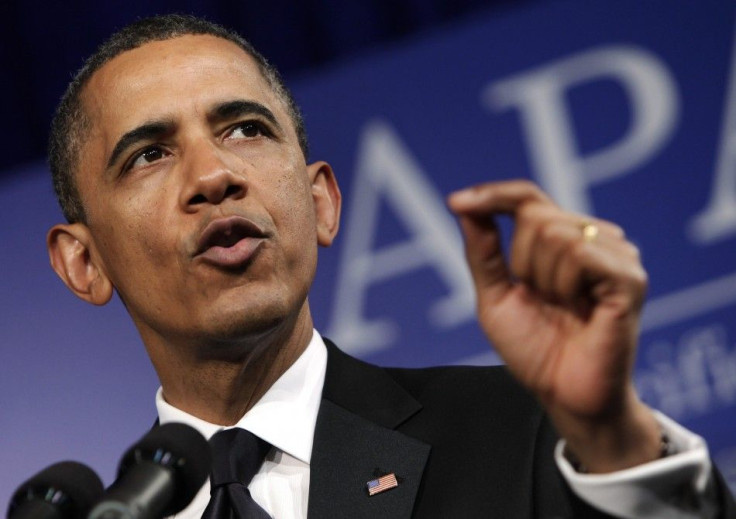Obama Ordered To Speed Up Cyberattacks On Iran's Nuclear Facilities

United States President Barack Obama unleashed a secret wave of cyberattacks on Iran's nuclear enrichment facilities as early as his first month in office, The New York Times reported. The U.S. and Israel, said the newspaper, created the Stuxnet computer worm to take down those facilities but lost control of it at one point.
The story is based on interviews with anonymous intelligence sources. Washington correspodent David Sanger adapted some of the information from his book, Confront and Conceal: Obama's Secret Wars and Surprising Use of American Power.
The covert operation was dubbed Olympic Games and it began with the Bush Administration. The U.S. and Israel worked together to create a worm known as Stuxnet to take out the computer systems running Iran's nuclear facilities. Obama ordered the acceleration of the attacks after the worm spread to the Internet because of a programming error.
Concerned about whether the operation was compromised, Obama wondered if the U.S. should stop the attack.
Here's how the Times described the conversation in the White House Situation Room:
Should we shut this thing down? Obama asked, according to members of his national security team present in the room at the time.
Told it was unclear how much the Iranians knew about the code, and offered evidence that it was still causing havoc, Mr. Obama decided that the cyberattacks should proceed. In the following weeks, the Natanz plant was hit by a newer version of the computer worm, and then another after that. The last of that series of attacks, a few weeks after Stuxnet was detected around the world, temporarily took out nearly 1,000 of the 5,000 centrifuges Iran had spinning at the time to purify uranium.
Iran is continuing to develop nuclear facilities, saying they are for civilian use. The country also created its own military cyber unit.
There is mounting fear among the U.S. and Israel that Iran may be developing nuclear weapons. Dipolomatic dialogue over Iran's nuclear program has been fruitless so far.
We don't intend on continuing talks for talks' sake. The window is closing, U.S Ambassador to Israel Dan Shapiro said.
It is up to Iran to follow through. The burden falls on Iran to prove it is serious.
Both the U.S. and Israel have said there is a likely threat of military action against Iran's nuclear facilities. However, the U.S. is favoring diplomacy at this point.
© Copyright IBTimes 2024. All rights reserved.






















